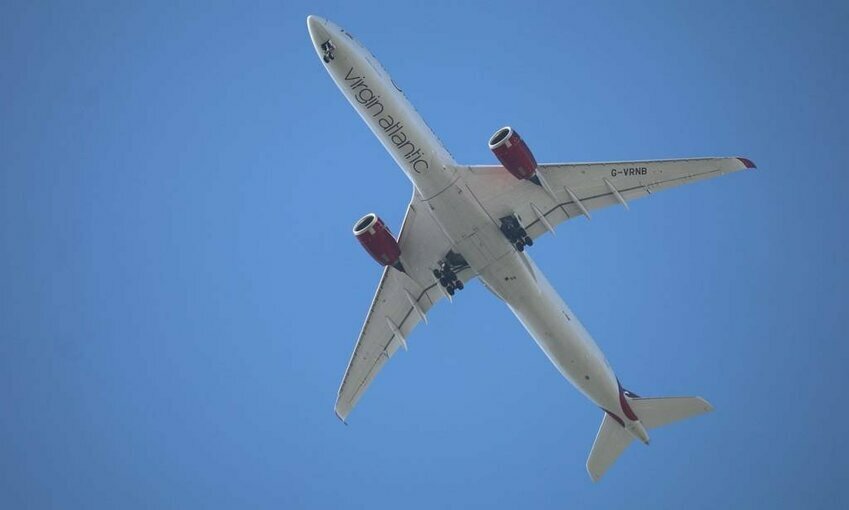 (Credit: Pixabay)
(Credit: Pixabay)Virgin Atlantic and Rolls-Royce said they successfully completed a ground test of a sustainable aviation fuel blend on the Rolls-Royce Trent 1000 airplane engine, which the companies plan to use on a transatlantic flight.
The SAF is produced through the Hydroprocessed Esters and Fatty Acids pathway as well as synthetic aromatic kerosene (SAK) SAF at an 88% and 12% blend ratio. The test moves the two companies forward in their goal to see the first 100% SAF flight travel from Atlanta to London Heathrow to New York JFK on a Boeing 787 Dreamliner, which uses the Rolls-Royce Trent 1000 engine. That flight is set to take off Nov. 28, 2023.
The test is also a milestone for the aviation industry overall, as SAF has the potential to significantly reduce emissions compared to traditional jet fuel. In fact, CO2 lifecycle emissions of SAF are typically more than 70% less that jet fuel.
Currently, SAF is not integrated into the airline industry, representing less than 0.1% of jet fuel volumes. Additionally, fuel standards allow for 50% SAF blend in commercial jet engines.
The planned November flight using 100% SAF is intended to demonstrate to the larger commercial jet space that replacement for traditional jet fuel is possible. The undertaking to use 100% SAF, known as the Virgin Atlantic led consortium, was joint funded by several players, including the Department for Transport, Rolls Royce, Boeing, University of Sheffield, Imperial College London and Rocky Mountain Institute.
Virgin Atlantic says it aims to leverage the 100% SAF flight into further use of the product and continue to address other environmental impacts of the airline space.
“The 100% Sustainable Aviation Fuel transatlantic flight will be a historic moment in aviation’s roadmap to (decarbonization),” Shai Weiss, CEO of Virgin Atlantic, said in a statement. “Alongside fleet transformation, SAF is the most readily available way for our industry to (decarbonize), but currently there’s not enough supply and without it and the radical collaboration required to produce it, we can’t meet our 2030 targets. We need U.K. government support to create a U.K. SAF industry to allow for every single flight out of the UK to operate with 100% SAF – if we make it, we can fly it.”
News of the successful test comes as other airline players are similarly working to bring more SAF to the industry. Earlier this year, JetBlue and Shell Aviation announced a new collaboration to bring SAF to Los Angeles International airport, with Jet Blue taking delivery of 10 million gallons of blended SAF at the airport over the next two years.
Leaders in the United States are also looking toward ways to incentivize alternatives to jet fuel. One bill in Washington state could give tax incentives to the manufacturing and purchasing of alternative jet fuel, such as those made from sustainable feedstock, such as corn or agricultural residues, that can be blended with jet fuel.